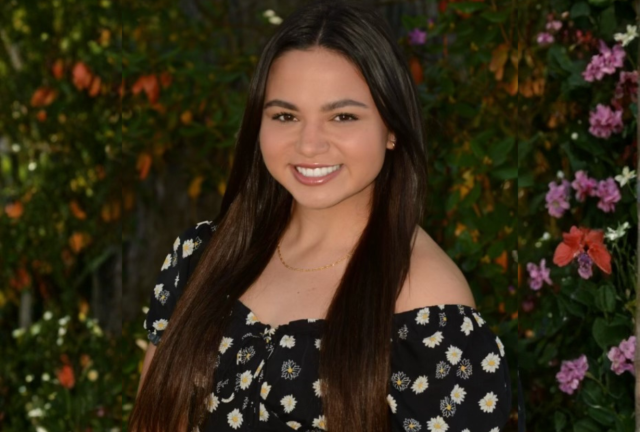Battlefield to Playing Field: Kean University Doctoral Student Helps Student-Veterans Connect

Christine Laskowski
For many veterans returning to college, the hardest battle isn't in the classroom; it's finding connection.
That’s the challenge Kean University doctoral student Christine Laskowski set out to ease. As part of her residency for her occupational therapy (OT) program, Laskowski created Battlefield to Playing Field, a pilot program designed to help student-veterans and their families transition from military to civilian life by building community.
"Whenever you serve in the military, you develop a camaraderie with people around you, and when you transition out, that becomes lost or at least difficult to find," said Army veteran Timothy Cummings, a management student from Bayonne who participated in the program. "This program gave me an opportunity to connect more with people I've been around for the last few years but had only maintained a surface-level relationship with. Having the specific time set aside to focus on team building was very nice."
Developed in partnership with Kean's Center for Veteran Student Success, the program uses social and leisure participation as therapeutic tools. Veterans gather for activities, including exercise, pumpkin painting, hiking and movie nights, designed to rebuild the connections many miss after leaving service.
Laskowski’s work is deeply personal. Her father, Stanley, served in the U.S. Navy responding to ambulance calls, then became a nurse to continue helping others. Years later, when her godfather suffered a stroke, an occupational therapist's compassion left a lasting impression.
"I knew then I wanted to do this," said Laskowski, a resident of Metuchen. "To be that person who helps someone get back to the way they were."
Laskowski developed Battlefield to Playing Field using evidence-based strategies informed by a comprehensive literature review, a needs assessment, and an environmental scan of Kean.
Associate Professor Victor Michael Camacho, OTD, who serves as Laskowski's faculty expertise mentor and co-instructed her Doctoral Residency III course, said the program reflects the core values of the profession.
"Battlefield to Playing Field embodies the principle of occupational justice, the belief that every individual has the right to engage in meaningful and purposeful occupations that enhance health, well-being and social participation," Camacho said.
At the end of the pilot, Laskowski used the Military to Civilian Questionnaire to measure outcomes. The results were promising.
"In a short amount of time, participants had already reported a higher sense of belonging and inclusion with both civilian and veteran friends, as well as their family members," she said.
Onelvi Martinez, a Marine Corps veteran from Linden studying history education, said the program’s impact was immediate.
"It's been more helpful than therapy," Martinez said. "Having fellow veterans around me has helped me express some things I'm feeling and given me a lot more camaraderie. Personally, I think this program is a huge necessity for veterans. It's just an amazing thing to be part of."
On track to graduate in December, Laskowski is working with Camacho, the Department of Occupational Therapy and Office of Veteran Student Services to ensure the program continues after she leaves.
"Sustaining this program ensures continued access to an inclusive, occupation-centered community that empowers student-veterans to achieve their personal and professional goals," Camacho said.